Climate center fellow discovers 'relentless optimism' in Antarctica
February 16, 2017
Lindsey Heaney
907-474-1939
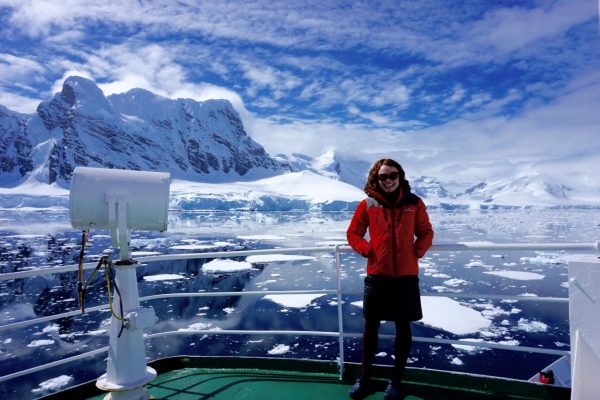
Download text and photo captions here.
Alaska Climate Science Center graduate fellow Joanna Young and 75 other women traveled in December to a place visited by few others — Antarctica.
Young reached the southernmost continent with an expedition sponsored by Homeward Bound, a leadership initiative for women in science.
“The trip itself was just stunning,” Young said. “It’s an incredibly remote, isolated and beautiful landscape.”
She was surprised to witness so much life. At one point, humpback whales encircled the ship. She walked through a colony of 200,000 penguins.
Young studies glaciers as a doctoral student at the University of Alaska Fairbanks, host institution for the multipartner Alaska Climate Science Center. Her trip was made possible by the center and the UAF Resilience and Adaptation Program.
Homeward Bound selected Young and her fellow voyagers "based on their potential to use scientific knowledge and methods to have an impact on decision making as it relates to the state of the planet."
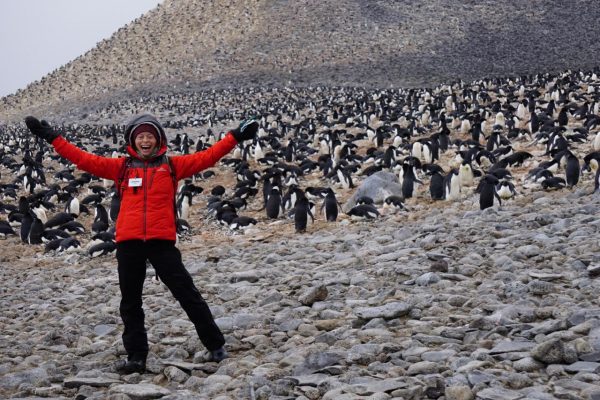
Antarctica's magnificent landscape is changing, Young said.
“Even though there aren’t many visitors to Antarctica and it’s so well protected and regulated by the International Antarctic Treaty, it’s still being impacted so heavily by the actions of humans on the rest of the planet,” she explained.
The three weeks provided time for inner reflection, learning, and developing leadership and science communication skills.
Each day, participants would do several leadership activities, which included navigating through difficult conversations and carving out personal and professional mission and strategy maps.
“You can’t be a good leader if the work you’re doing doesn’t align with your core values,” Young said.
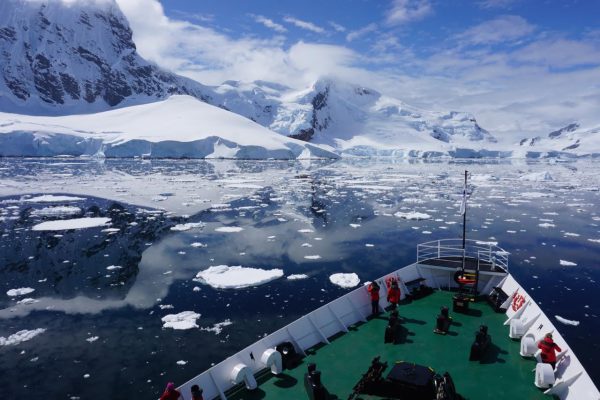
Participants also gave three-minute presentations on their current work.
“Learning to package everything in a three-minute nugget is really useful and important,” Young said. “I think of how many times in day to day life where I’m given only a few minutes to discuss my work.”
Young also learned more about Antarctica's ecosystem. “Climate change is definitely impacting that landscape and its species,” she said.
Participants heard from researchers stationed in Antarctica who have observed retreating glaciers, changing season lengths and shifting wildlife locations.
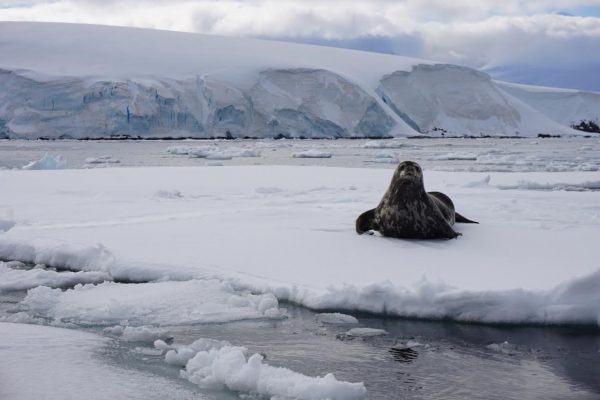
Each day, participants explored the changing landscape firsthand. Zodiac inflatable boats transported them from the ship, scooting around icebergs and near old volcanic calderas. They hiked in designated zones with ragged rocks, snow-covered beaches, cascading glaciers and landfast sea ice.
Young found it an honor to meet and learn from fellow participants and faculty.
“These women have incredible career trajectories, stories, life adventures and accomplishments,” she said.
Young especially found camaraderie among the expedition participants.
“They all work in global change, are sustainability minded, wanting to be leaders in their field, and have a passion for adventure,” she said.
At the end of each day, the participants viewed messages from leading women around the world, including primatologist and United Nations Messenger of Peace Jane Goodall and former U.N. Framework Convention on Climate Change Executive Secretary Christiana Figueres.
Young was particularly inspired by Figueres’ interview, and two words have resonated with her ever since: relentless optimism.
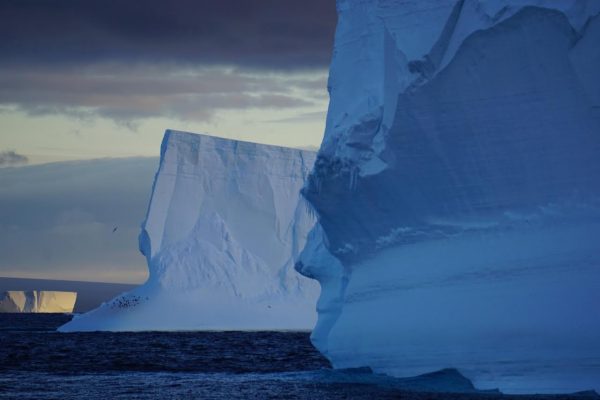
“That captures what I feel working in climate science,” Young said. “That’s what we need and that’s been my approach. With relentless optimism we can make progressive changes to help start mitigating and adapting to climate change.”
Young wants to apply all she has learned from the expedition to her career as a glaciologist and an instructor for the Alaska Climate Science Center-sponsored Girls on Ice Alaska, a program that lets high school girls explore the mountains and science. She will host a two-day leadership workshop for fellow early-career scientists at UAF this spring. For Young, “it’s only just the beginning.”
CONTACT: Joanna Young, jcyoung6@alaska.edu


